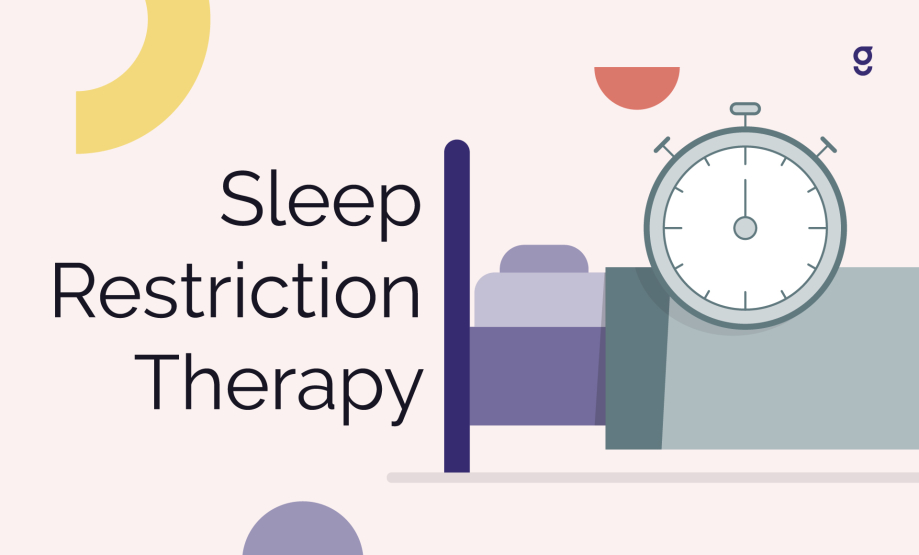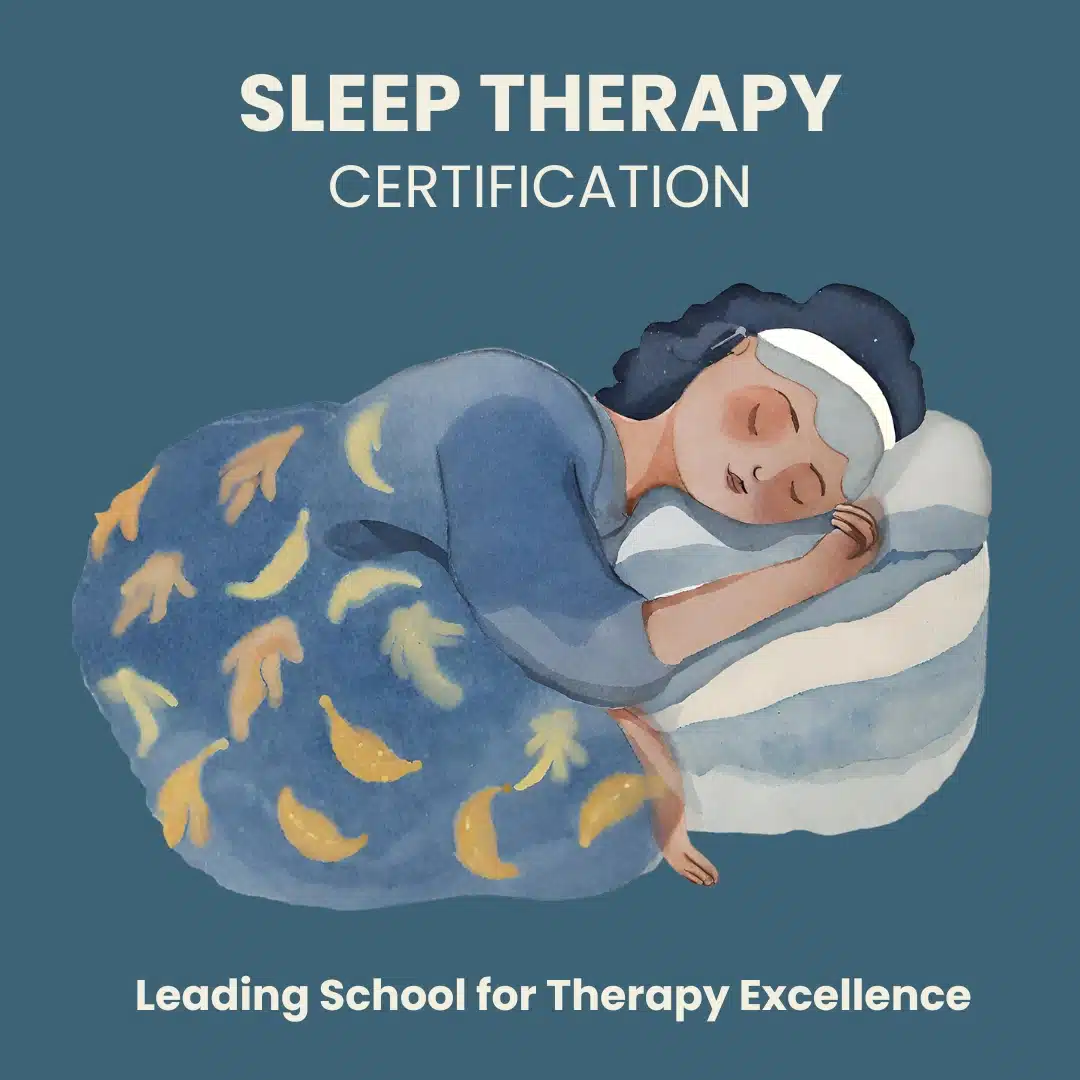Cognitive Behavioral Therapy for Insomnia (CBT-I) - Proven Techniques
Cognitive Behavioral Therapy for Insomnia (CBT-I) - Proven Techniques
Blog Article
Effective Therapy Solutions for Taking Care Of Sleep Disorders and Enhancing Peaceful Rest
In the world of healthcare, the administration of rest problems and the quest for relaxing rest are crucial parts of total well-being. Efficient treatment options use a multifaceted technique to take on these obstacles, varying from cognitive behavior treatments to alternative practices that promote relaxation and mindfulness. The exploration of numerous methods, including the combination of drug and light therapy, opens a realm of opportunities in the pursuit of better rest high quality. As we browse the intricate landscape of rest problems and seek to enhance our sleep experience, a much deeper understanding of these therapy solutions may hold the trick to unlocking an extra refreshing and satisfying restorative journey.
Cognitive Behavior Modification for Sleep Problems (CBT-I)
Cognitive Behavior Modification for Sleep Problems (CBT-I) is an organized, evidence-based treatment approach that focuses on attending to the underlying elements adding to sleep disruptions. This kind of treatment aims to customize behaviors and ideas that intensify insomnia, ultimately promoting healthy and balanced sleep patterns. CBT-I generally involves a number of key components, consisting of cognitive treatment, rest restriction, stimulus control, and sleep hygiene education.
Cognitive treatment helps individuals identify and change unfavorable idea patterns and ideas regarding sleep that might be hindering their ability to drop or remain asleep. Sleep restriction involves limiting the quantity of time spent in bed to match the person's real rest duration, thus boosting rest efficiency (insomnia specialist). Stimulus control methods aid establish a solid organization between the bed and rest by motivating people to go to bed just when drowsy and to avoid participating in promoting tasks in bed
Moreover, sleep health education concentrates on creating healthy sleep routines, such as keeping a regular rest timetable, creating a relaxing going to bed regimen, and enhancing the sleep environment. By addressing these variables thoroughly, CBT-I supplies a reliable non-pharmacological intervention for taking care of sleeplessness and boosting general sleep high quality.
Rest Hygiene Practices
Having developed the structure of cognitive restructuring and behavioral alterations in resolving sleeping disorders via Cognitive Behavior modification for Sleep Problems (CBT-I), the focus now changes in the direction of checking out important Rest Health Practices for keeping ideal rest quality and overall well-being.
Rest health practices include a variety of habits and ecological elements that can significantly affect one's capacity to go to sleep and stay asleep throughout the night. Constant rest and wake times, creating a relaxing bedtime routine, and optimizing the sleep atmosphere by maintaining it dark, silent, and cool are vital components of excellent rest health. Restricting exposure to screens before bedtime, preventing energizers like high levels of caffeine near going to bed, and taking part in regular physical activity throughout the day can likewise advertise much better sleep high quality.
Additionally, exercising leisure methods such as deep breathing exercises or meditation before bed can help relax the mind and prepare the body for rest. By integrating these sleep health practices right into one's everyday regimen, people can establish a healthy sleep pattern that sustains peaceful sleep and overall health.
Leisure Techniques and Mindfulness
Implementing relaxation strategies and mindfulness methods can play a critical role in promoting a feeling of tranquility and advertising high quality rest. Additionally, assisted images can help carry individuals to a calm location in their minds, aiding in tension reduction and enhancing rest top quality.
Mindfulness techniques, such as reflection and yoga, are additionally reliable in promoting leisure and boosting sleep. Mindfulness urges individuals to stay existing in the moment, letting go of stress over the past or future. By incorporating these techniques right into a going to bed regimen, individuals can signify to their bodies that it is time to prepare and take a break for sleep. Generally, incorporating leisure strategies and mindfulness methods can significantly contribute to taking care of rest disorders and boosting total rest quality.

Medicine Options for Rest Disorders
After exploring relaxation techniques and mindfulness techniques as non-pharmacological interventions for boosting rest top quality, it is vital to think about medicine options for people with sleep disorders. In situations where way of life modifications and treatment do not give sufficient relief, medication can be an important tool in handling sleep disruptions.
Typically suggested medications for sleep disorders consist of benzodiazepines, non-benzodiazepine hypnotics, antidepressants, and melatonin receptor agonists. Antidepressants, such as trazodone, can be valuable for individuals with co-occurring anxiety and sleep disruptions - sleep improvement therapy.
It is vital for people to seek advice from a healthcare company to determine one of the most suitable medicine alternative based upon their certain rest problem and case history.
Light Therapy for Body Clock Law
Light treatment, additionally recognized as phototherapy, is a non-invasive therapy approach used to manage circadian rhythms and improve sleep-wake cycles. This treatment involves exposure to bright light that mimics all-natural sunlight, which assists to reset the body's body clock. By subjecting people to certain wavelengths of light, generally in the early morning or evening depending on the desired impact, light therapy can effectively readjust the circadian rhythm to promote wakefulness during the day and boost relaxing sleep in the evening.
Research has revealed that light therapy can be specifically beneficial for people with circadian rhythm disorders, such as delayed rest stage syndrome or jet lag. It can also be valuable for those experiencing seasonal affective problem (SAD), a kind of clinical depression that usually happens during the wintertime months when natural light direct exposure is reduced. Light therapy is generally well-tolerated and can be used together with other treatment techniques for rest problems to maximize outcomes and enhance total sleep high quality.
Final Thought
In conclusion, reliable treatment solutions for handling rest problems and boosting relaxed rest include Cognitive Behavioral Therapy for Sleep Problems (CBT-I), rest health practices, relaxation techniques and mindfulness, drug options, and light therapy for circadian rhythm guideline. These techniques can aid people boost their rest top quality sleep deprivation help and overall wellness. It is necessary to speak with a doctor to establish the most ideal strategy for resolving sleep problems.
As we navigate the intricate landscape of rest problems and seek to enhance our sleep experience, a much deeper understanding of these therapy remedies might hold the secret to unlocking an extra refreshing and fulfilling restorative trip.
Sleep restriction entails limiting the quantity of time spent in bed to match the person's actual sleep duration, therefore boosting sleep performance. Constant sleep and wake times, developing a relaxing bedtime regimen, and optimizing the rest environment by maintaining it dark, peaceful, and cool are important parts of good rest health. Light treatment is typically well-tolerated and can be used in conjunction with other treatment approaches for rest disorders to optimize outcomes and improve overall sleep top quality.

Report this page